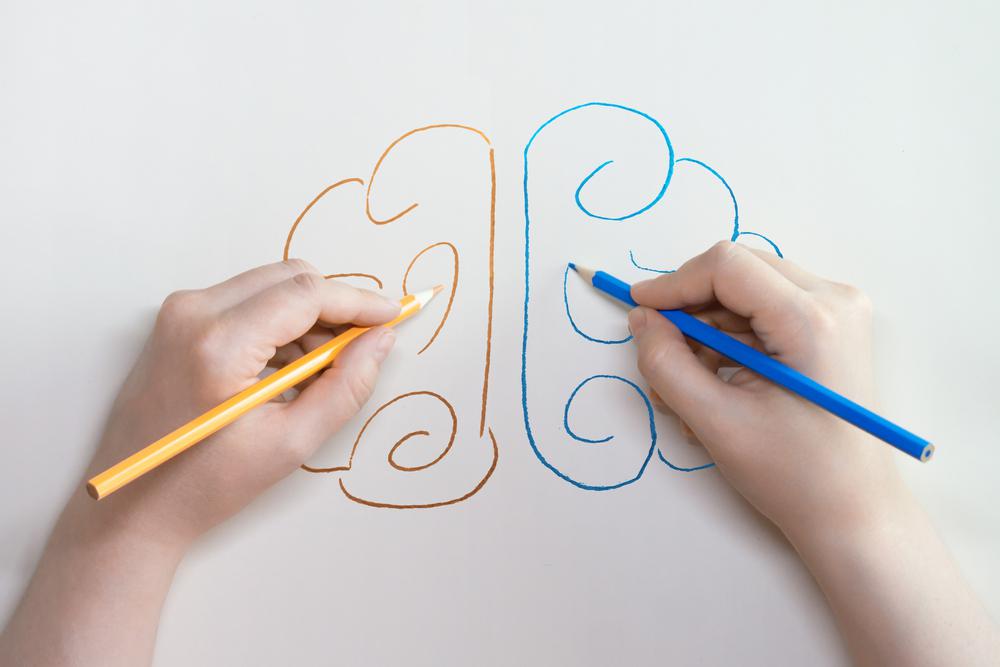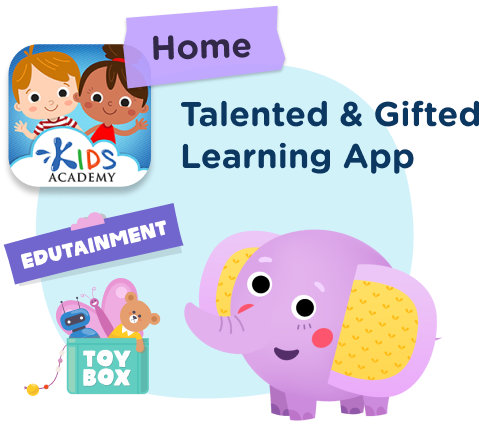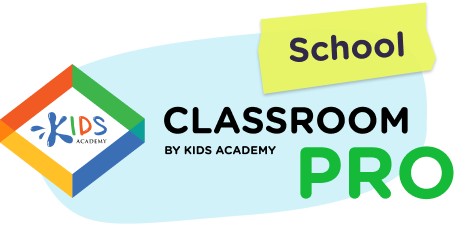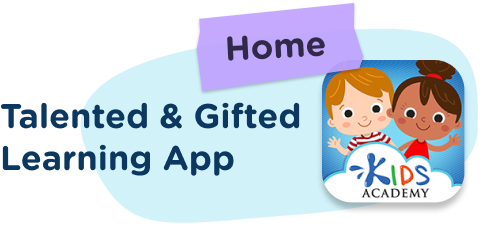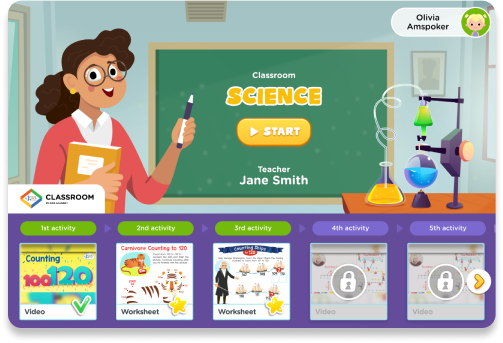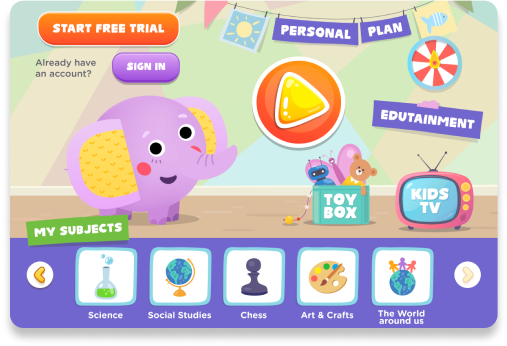Literacy development Worksheets for Kids
1 filtered results
-
From - To
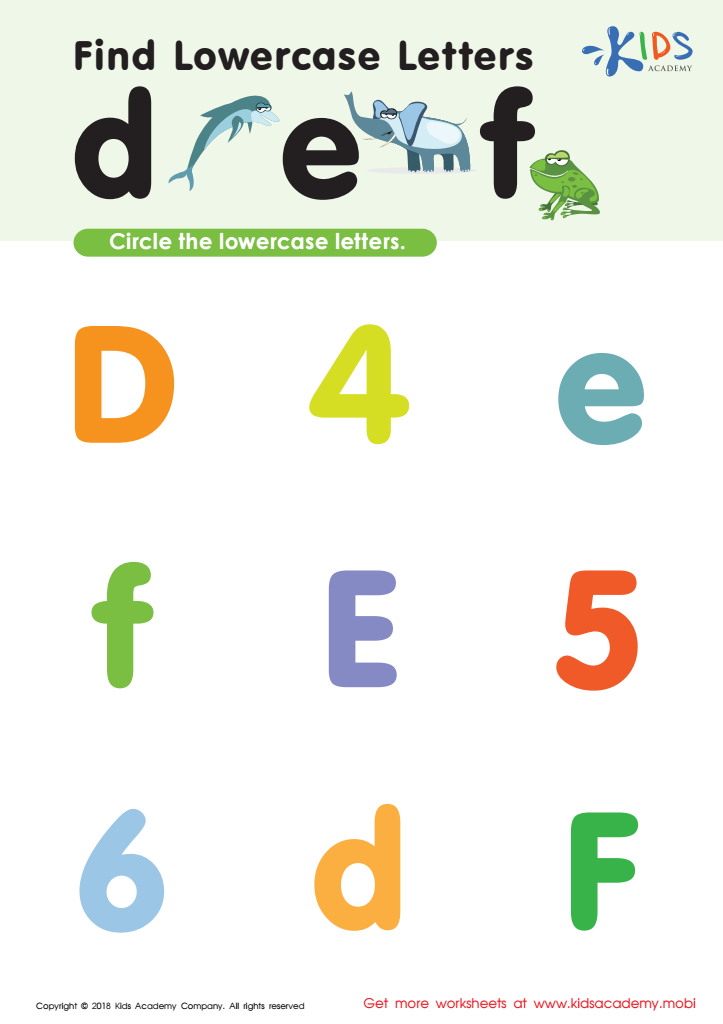

Find Lowercase Letters d e f Worksheet
Question/Answer
How to train the Literacy development skill in Kindergarten students learning about Lowercase/Small Letters?
To train literacy development in kindergarten students learning about lowercase letters, employ multisensory activities like tracing letters in sand or with finger paints, playing matching games with uppercase and lowercase letters, practicing letter formation with guided handwriting worksheets, and incorporating letter hunts or scavenger hunts to find objects starting with specific lowercase letters.
What does the Literacy development skill mean when it comes to Kindergarten Lowercase/Small Letters learning?
Literacy development in the context of Kindergarten Lowercase/Small Letters learning involves teaching young children how to recognize, name, and write lowercase letters. This foundational skill is crucial for reading and writing fluency, helping children understand the alphabet and enabling them to start forming words, which is a key step in their overall literacy and educational progression.
Why is the Literacy development skill important for Kindergarten students?
Literacy development is crucial for Kindergarten students as it lays the foundation for successful learning, enabling them to communicate effectively, comprehend and express thoughts, and engage with the world around them.
 Assign to My Students
Assign to My Students





